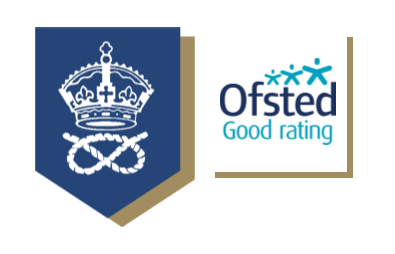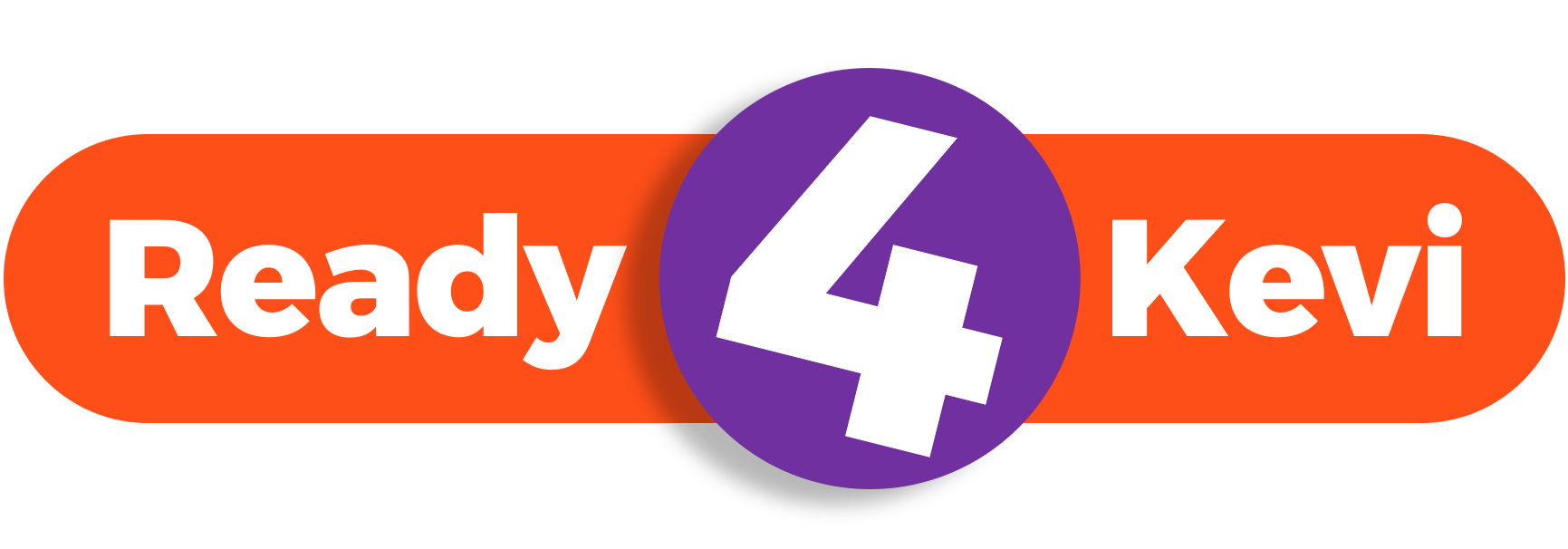GCSE/Cambridge NationalBusiness GCSE
Edexcel Enterprise & Marketing Cambridge National OCR
Teaching staffTeaching Staff
Ms J Lawton Ms A E Remon |
Business and EnterpriseIt was once said “Money makes the world go round” therefore in schools is vitally important to offer students the opportunity to understand the world of Business and Enterprise. Millions of people will have seen the success of large businesses such as Amazon, Google, Apple, Facebook, Dyson, Audi and Barclays, but do the millions understand what is required to become such global brands and to sustain that year after year. Business Studies provides transferable skills allowing students a smooth transition from an educational environment to a work environment, by providing an insight to a multitude of business sectors and departments.
A qualification in Business Studies will open doors to interviews and opportunities in every possible avenue of enterprise. Business Enterprise is an outstanding addition to any student’s curriculum vitae and in many cases the course can be a life changing experience. Quick informationWhat do we teach?
<
>
Key Stage 3At King Edward VI students studying business will develop a range of life skills including: enhancing team working, problem solving, independent learning and communication skills whilst instilling confidence in our students to make themselves stand out in a competitive working environment. Students will take a proactive part in their studies by maintaining a good understanding of current affairs and applying this to their studies on the impact of the external environment on business. Business Studies will also nurture their creative side in developing marketing and promotional campaigns, planning and pitching a business idea whilst also developing their financial acumen when it comes to understanding personal finance in the form of; mortgages, lending, savings and investments. Students will also have the opportunity to partake in employment interviews and hone their CV and interview skills in order to be in a strong position to gain employment or continue into higher education. We believe that at King Edward VI, Business Studies is a living and breathing subject and therefore as a department we must engage with employers so that we remain pro-active in our subject area. We have successfully partnered with Young Enterprise based in Stafford and Ryman’s and give our students in year 9 the experience of setting up a business idea and project. The winning students then have a chance to go to Wembley Stadium to present to leading names in the UK business world such as Theo Paphitis. We also run educational visits to Alton Towers, Chester Zoo, Drayton Manor and Cadbury World. These are excellent opportunities to not only develop learning further but a chance to consolidate knowledge and see leading business in their sector and how they work. GCSEStudents are chosen to follow one of the two pathways depending upon a variety of factors. We first have student choice, if a student has a particular learning style, for example, they prefer coursework to exams we guide them to pick an appropriate course which suits that. We also take into consideration their performance in the core subjects to ensure they can access the course content for either of the two courses.
Enterprise for example has a large proportion of research and presentation skills. If this is something that we can see from other subjects that a student struggles with we again guide them away from this choice. We also look at the group sizes that have chosen the subject. The Cambridge National is a large workload for staff and students which is a constant, this therefore is more manageable with smaller groups. This ensures the wellbeing of both staff and students but also ensures a higher level of individual support. The GCSE needs more independence to extend learning from outside of the classroom but also answer examinations questions. This tends to work with small class sizes but also is easier with a larger group. Students in year 10 either follow Edexcel GCSE Business or the Cambridge National Enterprise and Marketing vocational qualification. Both courses have 3 x 50 minutes per week in the curriculum. GCSE BusinessThe Edexcel GCSE is based upon two examinations taken in year 11. Both papers are equally weighted. Theme 1 concentrates on the key business concepts, issues and skills involved in starting and running a small business. It provides a framework for students to explore core concepts through the lens of an entrepreneur setting up a business. In this theme, students will be introduced to local and national business contexts and will develop an understanding of how these contexts impact business behaviour and decisions. Local contexts refer specifically to small businesses or those operating in a single UK location and national contexts relate to businesses operating in more than one location or across the UK.
It is broken down as such:
Theme 2 examines how a business develops beyond the start-up phase. It focuses on the key business concepts, issues and decisions used to grow a business, with emphasis on aspects of marketing, operations, finance and human resources. Theme 2 also considers the impact of the wider world on the decisions a business makes as it grows. In this theme, students will be introduced to national and global business contexts and will develop an understanding of how these contexts impact business behaviour and decisions. National contexts build on those in Theme 1 and relate to businesses operating in more than one location or across the UK. Global contexts relate to non-UK or transnational businesses. Theme 2 comprises five topic areas:
OCR Cambridge National Enterprise & MarketingThe OCR Cambridge National Enterprise and Marketing is divided into three units; Units RO64, R065, R066.
R064 is a theoretical examination. This incorporates all of the theory that will be covered in the other two units. We tend to sit this examination in January of year 11. This then gives students another opportunity to sit the exam again should they wish to improve their score later in the year. R065 is called Design a Business Proposal. This unit is assessed via coursework. This unit again is submitted for assessment in January year 11, and again students have the ability to re-submit should they choose at a later date. R065 is usually taught in year 10 of the course and covers the following areas:
R066 is called Market and pitch a business proposal. This unit is assessed via coursework and a presentation that is delivered a number of times to peers, teachers and governors. This unit again is submitted for assessment in January year 11, and again students have the ability to re-submit should they choose at a later date. R066 is usually taught in year 11 of the course and covers the following areas:
|
|
© King Edward VI High School 2023
All Rights Reserved A member of the Walton Multi-Academy Trust |
|
|




